A recent scandal has surfaced involving the Kenya Wildlife Service (KWS) over a Sh600 million tender for the construction and rehabilitation of roads within national parks.
The tender process, initially designed to select contractors to improve park infrastructure, has come under intense scrutiny after allegations of irregularities emerged.
According to reports, 880 bidders were rejected, and senior KWS officials attempted to favor 45 contractors who did not meet the required criteria, raising suspicion of corruption and procurement malpractice.
The Public Procurement Regulatory Authority (PPRA) halted the process, citing the rejection of all 880 bidders as a major red flag.
This prompted a full investigation into KWS’s handling of the procurement process.
The investigation has thrown a spotlight on the agency’s transparency and governance, especially as the KWS plays a key role in conserving Kenya’s natural heritage and boosting tourism.
The roads tender was intended to enhance access to wildlife parks, which are crucial for tourism and conservation.
However, the alleged interference by KWS management has called into question the integrity of the agency’s operations, particularly its procurement practices.
The PPRA, tasked with ensuring that public resources are used appropriately, found discrepancies in the selection process, leading to allegations that senior KWS figures may have been motivated by personal interests.
This scandal is just one of many examples of the challenges faced by public institutions in Kenya when managing large sums of money through public tenders.
The KWS, being one of the most prominent agencies responsible for the country’s wildlife and conservation efforts, is expected to adhere to strict standards of accountability and transparency.
The mismanagement of such a large tender not only undermines public trust but also risks derailing critical conservation and tourism infrastructure projects.
The broader implications of this scandal could be far-reaching, with concerns that such corruption may damage Kenya’s global standing in wildlife conservation.
National parks and reserves play a central role in the country’s economy, attracting tourists from all over the world.
However, if funds meant to improve these facilities are siphoned off or misused, the parks may suffer in terms of accessibility and maintenance, ultimately harming tourism revenue.
Calls for reform have intensified, with many urging the government to hold KWS officials accountable and implement stronger measures to prevent future corruption.
Investigations are ongoing, and the outcome will be closely watched as it could serve an example for the government’s commitment to transparency and anti-corruption measures in public service.
The scandal has already damaged the KWS’s reputation, but with the right reforms and accountability mechanisms, it could be an opportunity for the agency to restore public confidence and improve its governance structures.
Kenya’s wildlife and natural parks are vital national resources, and ensuring that they are managed effectively and transparently is crucial to their long-term sustainability and success.







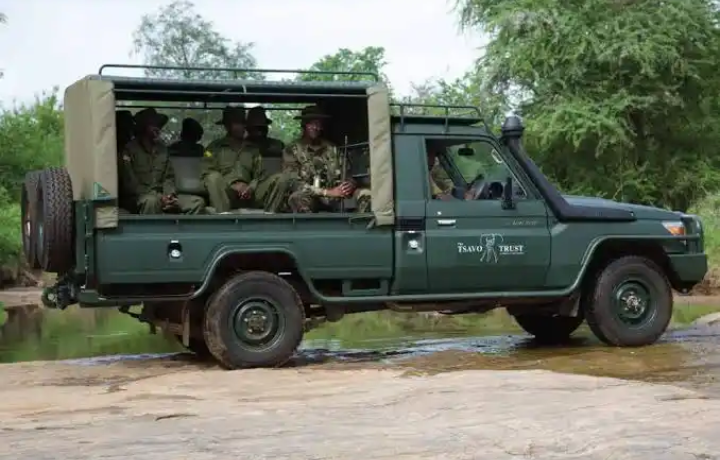

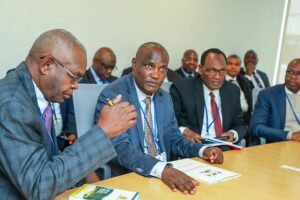


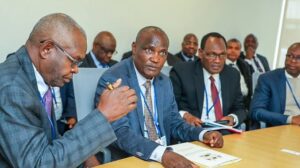


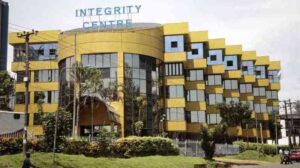


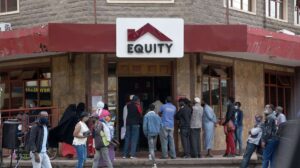


Add Comment